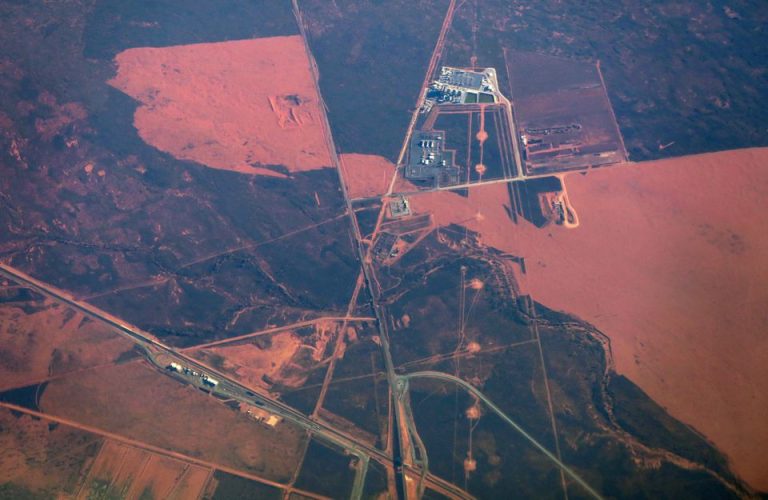
SYDNEY, (Reuters) – An Australian state government inquiry into sexual harassment in the mineral-rich west has found the mining industry perpetuated a culture that fails to protect women, who continue to face sexual harassment and sexual assault.
Western Australia, home to the bulk of the country’s iron ore mines, released the findings on Thursday of its year-long investigation into the mining sector following concerns about a culture of sexism and bullying. Women have long complained of sexual harassment in so-called “fly in, fly out” mining camps, temporary accommodation set up at remote mines to house workers.
“We found women often felt intimidated and fearful and this would be constant throughout their workplace stay,” Libby Mettam, the inquiry’s chair, told state parliament, adding that the inquiry heard “confronting, shocking and compelling stories.”
The report titled “Enough is Enough”, which contained 24 recommendations, said a broad range of unlawful and criminal behaviour had been ignored or overlooked by employers.
The committee recommended establishing a forum to document victims’ experiences, and explore opportunities for redress, such as formal apologies and compensation.
Other recommendations included an industry wide register to stop perpetrators from being rehired at other sites or companies and the implementation of moderate drinking standards at all remote accommodation sites.One committee member urged the federal government to conduct a Royal Commission, the country’s most powerful type of inquiry which has the power to compel witnesses, given the seriousness of the committee’s findings.
“(From) the evidence heard, I have serious concerns and worries that the conduct has been concealed … within the resources sector. We have to got improve the reporting processes,” Labor state member Mark Folkard told parliament, his voice choking up.
Major global miners including BHP Group (BHP.AX), Rio Tinto (RIO.AX) and Fortescue (FMG.AX) all made submissions to the inquiry, most of them acknowledging that sexual harassment is rife at mining camps in Western Australia, and promising reforms.





